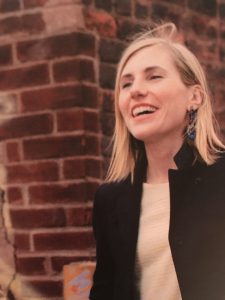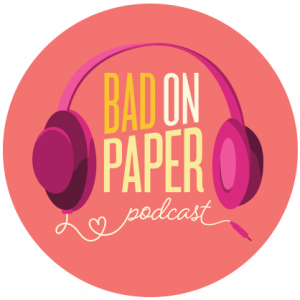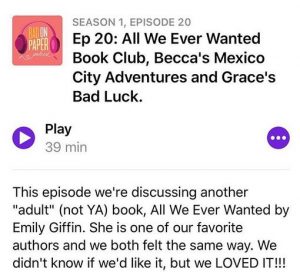One of the most common ways to gain experience in publishing–to get a foot in the door, learn what “querying” means, and figure out exactly what an editor does–is to intern. Internships help students and early career professionals determine which aspects of the publishing industry are the best matches for their interests and aptitudes and develop relationships with mentors across the industry.
Olivia Loggia, currently an intern at BookEnds Literary Agency, has been giving tips for interns in an #internsurvivalguide on Instagram.
Today, she’s sharing some advice about how to find an internship, stand out in the application process, and make the most of it both during and after.

Before you started your internship at BookEnds Literary Agency, what was your process like while searching for a position?
Truthfully, I was hungry for any opportunity I could get, and so my search for an internship was extensive. I wasn’t (and still am not) set on just one career path, and so I applied widely, both at literary agencies, and other companies that deal with creativity and entertainment. I knew I wanted exposure to publishing, and potentially a career in publishing in the future, and the only way I thought I’d have a chance at breaking into the industry was an internship. What specifically excited me about BookEnds was its close-knit, yet simultaneously far-reaching team. I knew that in-office I would be working closely with James and Jessica F., which would give me the opportunity to learn from them directly, and develop the skills necessary in a small team. But outside the main office, BookEnds actually has a big team, something that I think sets it apart from other literary agencies. Taking on a diverse range of genres and a wide audience, I knew that BookEnds would give me the opportunity to gain a holistic sense of the agenting world. Since I wasn’t exactly sure what I wanted to do in the future yet, this was especially important to me.
What did you do to stand out in your application or interview? Research. With BookEnds’s application, I spent time looking at their website, reading about their agents, and scrolling through their social media. Even though I hadn’t been in their office yet , research helped give me a sense of the type of work environment it was, and the types of people they were looking for. BookEnds makes it especially easy to do this type of research, since the agency has an active blog, as well as Facebook, Instagram, Twitter, and Youtube accounts. I considered the way the agency seemed to operate, how my own skills and experiences would fit into their operation, and then did my best to convey this in both my cover letter and interview. This included classroom experiences, previous internships, leadership roles, and interests of mine that were relevant to the type of work I would be doing at BookEnds.
What advice do you have for other young people looking for internships in publishing?
If you’re not sure what you want to do in publishing, an agency is a great place to start. Not only is it more intimate than a large publishing house, and therefore easier to form relationships, but it’s also great exposure to a number of sides of publishing. As an agent, you work with writers, illustrators, and editors, and so as the intern, you still get exposure to all of these other careers. One thing I discovered during my internship is that agents are sort of like the businessmen of publishing. If you’re less creatively inclined, and more business-minded, this might be an excellent path for you to consider.
As far as general pieces of advice for interns, I would say to say YES more often! If you’re asked to try something, even if you aren’t sure you’ll like it, say yes anyway. You don’t know what you don’t know. So try new things, and find out from experience if you like it or not. Your internship is going to fly by, so take advantage of the opportunity to actually be a part of a well-respected team of working professionals.
Ask questions. Think of questions that you genuinely want to know the answer to, don’t fall into the trap of asking questions just to ask questions. Ask questions that will get you to the place you want to be in several years; utilize the incredible resources you have available to you (at BookEnds, this was an entire team of fabulous literary agents!).
We saw your #internsurvivalguide on Instagram, which includes some really great tips. How did you come up with it and what do you hope it accomplishes?
Thank you! To come up with the tips, I thought about the strategies that worked well for me, both during this internship and previous internships, in addition to taking into account tips my parents and advisors at Bucknell University had given me. It started out as a way for me to have more of a presence on BookEnds’s social media, in addition to serving as a resource for other young people. BookEnds is committed to making the agenting world more accessible and “user-friendly” for authors, agents, interns, etc., whether or not they’re part of the BookEnds team. Through platforms like their blog, Instagram, Twitter, and Youtube, the agency strives to teach a wide audience about the agenting world. My #internsurvivalguide on Instagram was just one more outlet for this type of teaching.
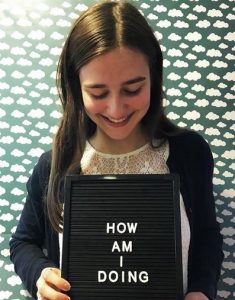 Tell us the story behind some of the lessons you’ve included in the Intern Survival Guide. Was there a specific experience that prompted a particular tip?
Tell us the story behind some of the lessons you’ve included in the Intern Survival Guide. Was there a specific experience that prompted a particular tip?
One tip that was especially prompted by my experiences at BookEnds was “ask for feedback.” Early on during my time at BookEnds, I was surprised by how regularly James, who I reported to, checked in with me to ask how he was doing as my mentor. I was the intern, I didn’t expect to be giving my boss feedback! But that’s just how BookEnds operates. During our weekly meetings, agents would share things that went well that week, and things that didn’t go as well, always asking for advice for how to move forward with the latter. I even received an evaluation, which identified both strengths and areas for growth. This was such a valuable reflection, and one that I know will benefit me moving forward in my professional life—it’s certainly easier to just assume (or hope!) you’re doing well, but taking the initiative and demonstrating self awareness is ultimately the most beneficial. At BookEnds, whether you’re the founder, or the summer intern, the mentality is that you can improve. And that’s a team mentality that I think is rare.
What specific goals do you hope to achieve through this internship?
One goal I had with this internship was to become a better reader, part of which included expanding the types of things I read. As someone who generally gravitates towards YA and contemporary fiction, interning at BookEnds challenged me to read many new genres: Cozy mysteries, adult suspense, and picture books. Although I wasn’t as familiar with them, I found that with an open mind, and by learning from example (I often looked at how agents critiqued former projects in the same genres), that I would be met with success. Another goal that I had was simply to develop confidence in a professional workplace! It’s one thing to be in class, critiquing your peers’ work, and quite another to be reviewing actual authors’ work. Early on, I spent a lot of time listening to the way the BookEnds agents interacted with one another and their clients, and then did my best to match their enthusiasm and insight in my own commentary. I pushed myself to participate in the meetings each week, and was very thorough in all of my writing assignments. I knew how lucky I was to be interning at a place where the intern’s voice was so highly regarded, so I made a commitment to myself to fully give my very best work each time—I was not going to miss an opportunity like this one.
What has been the most valuable part of this internship (or of interning overall?)
Having the opportunity to be fully integrated into a team of successful, working, professionals was easily the most valuable part of this internship experience. Not only was I regularly asked for my opinion, but I was able to sit in and participate in meetings, and have one-on-one conversations with agents and clients, and play an active role during brainstorm sessions. Yes, I was the intern. But at BookEnds, the intern is treated like an important resource, and respected team member. The communication, reading, time management, collaborative, and initiative skills I developed through this internship are skills I know will benefit me for the rest of my life.
How do you plan on making the most of this internship even after it ends?
My biggest takeaways from this internship have been: listening is equally important to speaking when working with others, how to give and receive feedback, and the importance of having faith in your convictions. I know these lessons will translate into any workplace, as well as in my classes, or even on my dance team. Beyond these lessons, I also plan to stay in touch with everyone at BookEnds! Throughout my time there, they stressed the importance of reaching out to them, and maintaining my relationship with the agency. I think this is important with any internship/job, and something I plan to continue doing with future work experiences.
Do you have any plans on the horizon you can share with us?
For now, heading back to Bucknell. As a rising junior, I’ve become increasingly aware of how close I am to graduation (make it stop!), and so I’m really excited to just go back to school, keep taking classes I’m interested in, being extracurricularly involved, and spending time with my friends. This spring semester I’ll be studying in Granada, Spain, so that’s something else to look forward to!
As for the more distant future, who knows! BookEnds has been great exposure to the publishing world. I love how the work is different each day, the creative component to agenting, the flexibility the job allows for, and the opportunity to work with many different people. Moving forward, I’m still very interested in publishing, but am also curious about careers in advertising, marketing, and media companies. I am hopeful that no matter where I end up, I have the chance to work with a team as passionate, dedicated, and driven as the one at BookEnds!
*Interviews have been edited for clarity and length.
Bio: Olivia Loggia is a rising junior at Bucknell University. She’s majoring in creative writing and Spanish, along with a dance minor. This summer, she had the privilege to intern at BookEnds Literary Agency, providing feedback on submissions through reader reports, writing revision letters, offering critiques on book proposals, assisting with the social media, and more.
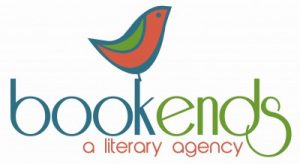
BookEnds Literary Agency
BookEnds is a literary agency representing bestselling, award-winning, and internationally published authors. Representing fiction and nonfiction for adults and children alike, BookEnds agents continue to live their dreams while helping authors achieve theirs since 1999.


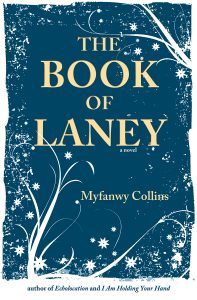
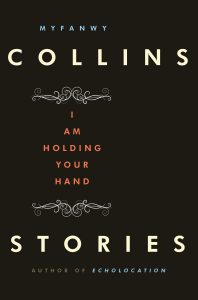
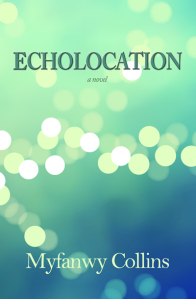
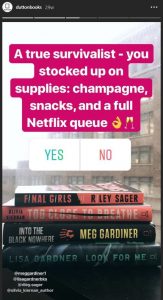
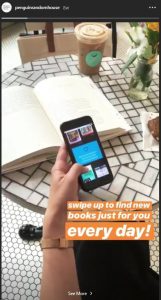
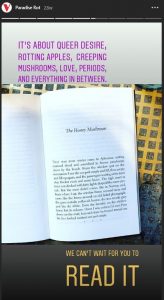
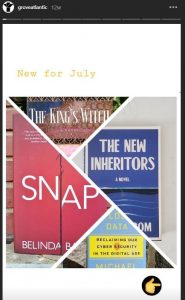
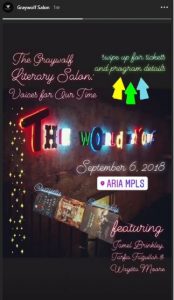
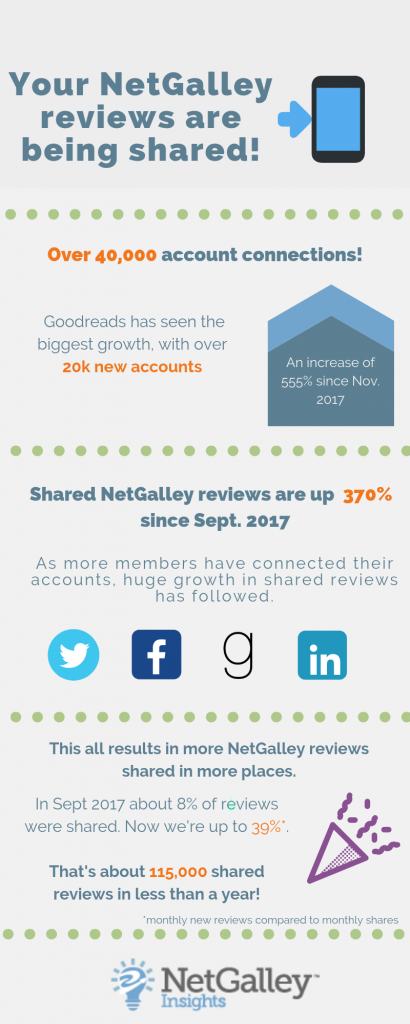
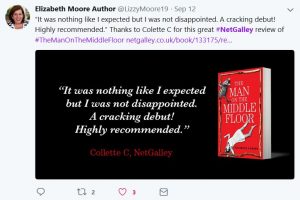
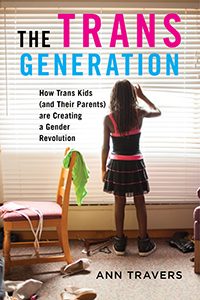
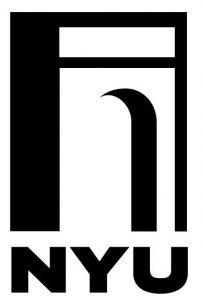 At NYU Press, we find that NetGalley exposure plays an extremely important role in elevating the titles that we believe have potential for a more general readership. These are also titles that we want on librarians’ and booksellers’ radar as soon as possible. We pay close attention to early feedback from users as it helps us position our books in the marketplace.
At NYU Press, we find that NetGalley exposure plays an extremely important role in elevating the titles that we believe have potential for a more general readership. These are also titles that we want on librarians’ and booksellers’ radar as soon as possible. We pay close attention to early feedback from users as it helps us position our books in the marketplace.